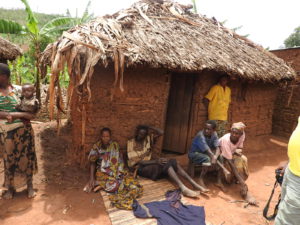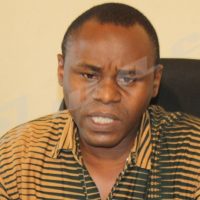The International Development Association (IDA) through the World Bank has provided additional funding of $40 million to Burundi. On 23 March, the Burundi National Assembly approved the distribution of the money transfer to the poorest households in the country.

The poorest households will receive BIF 20,000 per month
“Each household will receive an amount of BIF 20,000 per month for a period of 30 months”, said Martin Nivyabandi, the Minister of Human Rights, Gender and Social Affairs. Four pilot provinces such Kirundo, Karuzi, Ruyigi and Gitega have been chosen and 48,000 households will be assisted, he said. “It has been found that there is more poverty in these provinces than in others”, he said. The money will be given to women, who usually manage the family budget and play an important role in family development. “We are going to identify the most vulnerable people, according to levels of poverty and malnutrition, as well as establish accompanying measures to avoid any trouble”, he said. For this, the IDA through World Bank has provided additional funding of US$ 40 million that will be extended to 20 years.
Gabriel Rufyiri, chairman of a watchdog that fights corruption and economic embezzlement, OLUCOME, says the Burundi government should create a national independent commission including the beneficiaries, residents, administrative officials and the sponsors of the project to avoid favoritism in the identification of the poorest people. “We know what happened in the country in the past. The Burundi government is no longer credible. The distribution chain must be transparent, from the financing to the beneficiaries”, he says.
Hakizimana, 60, a resident of Buterere in the capital Bujumbura and a victim of the recent torrential rain, says the government should extend the project and assist the poorest people from other provinces. “I can spend two days without eating, given that it is not easy to have a job these days”, he says.
According to the United Nations office for the coordination of Humanitarian Affairs, the estimated number of people living with food insecurity grew from 2.1 to 3 million between October 2016 and January 2017 – a 43% increase. The most affected provinces are Bubanza, Bujumbura Rural, Cankuzo, Cibitoke, Muyinga, Kirundo, Ruyigi and Makamba.


















 IWACU Open Data
IWACU Open Data

